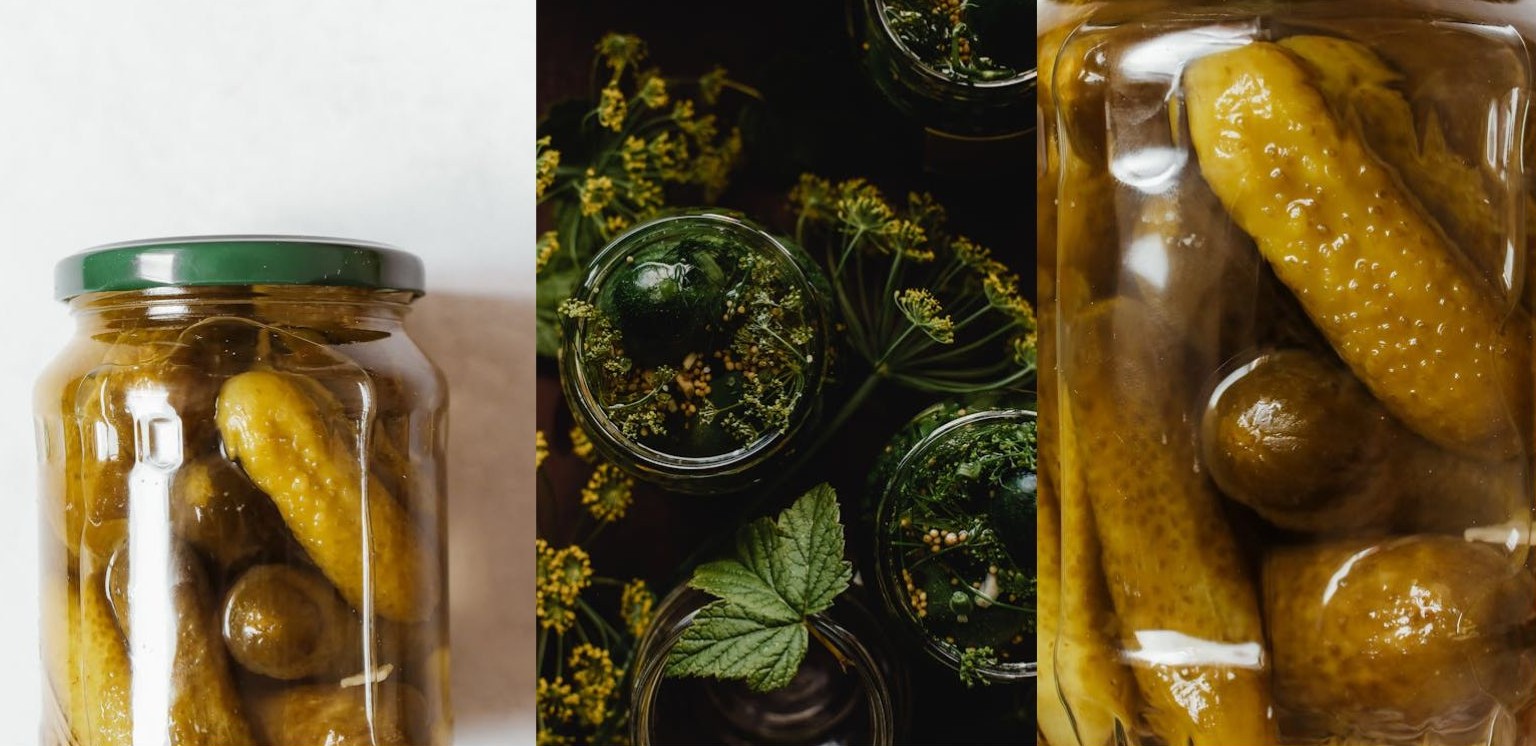The Canadian Pickle Landscape
Pickles have long been a staple in Canadian households, with brands like Bick’s dominating the shelves for decades. Though Bick’s began as a proudly Canadian company, it was acquired by U.S.-based TreeHouse Foods in 2014. Despite the change in ownership, the brand continued sourcing cucumbers from Ontario and lids from Canadian suppliers, maintaining strong ties to local agriculture and manufacturing.
But in 2025, those ties are being strained by tariffs.
The Tariff War: A Sour Turn
The pickle predicament stems from a broader trade dispute between Canada and the United States. After the U.S. imposed tariffs on Canadian goods, Canada retaliated with counter tariffs, including a 25% levy on “cucumbers and gherkins.” This move was intended to encourage domestic alternatives, but it inadvertently hit Bick’s hard.
Here’s why:
- Bick’s cucumbers are grown in Canada but sent to the U.S. for packaging.
- Once packaged, they’re classified as U.S. imports under trade law.
- This classification subjects them to Canada’s counter tariffs even though the cucumbers are Canadian.
Retail Fallout: Shelves Going Bare
Retailers across Canada, including major chains like Safeway, have started pulling Bick’s products from shelves. Signs in stores cite the tariffs as the reason, and some grocers are now promoting Canadian-made alternatives like Lakeside, Putters, and Brine&Co.
Steven Oakland, CEO of TreeHouse Foods, noted that the 25% tariff makes it financially unfeasible for many retailers to carry Bick’s. “The food business is a low-margin, high-volume business,” he said. “There isn’t 25% margin to absorb on either side”.
Economic Ripple Effects
The impact goes beyond store shelves:
- Sales Drop: Bick’s sales have declined by 25% in the last three months.
- Supply Chain Disruption: TreeHouse Foods is buying fewer cucumbers and lids from Canadian suppliers.
- Job Concerns: Reduced demand could affect farmers and manufacturers who rely on Bick’s contracts.
Ironically, the “Buy Canadian” movement meant to support local producers may be hurting them. As food economist Mike von Massow points out, if consumers avoid Bick’s, the company buys fewer Canadian cucumbers, which could hurt domestic agriculture.
Expert Insights: A Complex Classification Game
Werner Antweiler, a trade policy expert at UBC, explains that the issue lies in how goods are classified under the harmonized system code. Even a single U.S.-made component, like a glass jar, can change a product’s origin status. This exposes the vulnerability of modern supply chains, where goods often cross borders multiple times before reaching consumers.
What’s Next for Pickles in Canada?
The pickle industry is at a crossroads:
- Policy Reform: TreeHouse Foods is lobbying to change how tariffs are applied, hoping for exemptions for products with strong Canadian ties.
- Consumer Shift: Shoppers are increasingly turning to fully Canadian brands, which may benefit smaller producers.
- Supply Chain Rethink: Companies may need to reconfigure their operations to avoid cross-border classification issues.
Final Thoughts
Canada’s pickle crisis is a microcosm of the broader challenges in global trade. It highlights how well-intentioned policies can backfire when supply chains are deeply intertwined. For now, Canadians may need to explore new brands or pay a premium for their beloved Bick’s.

